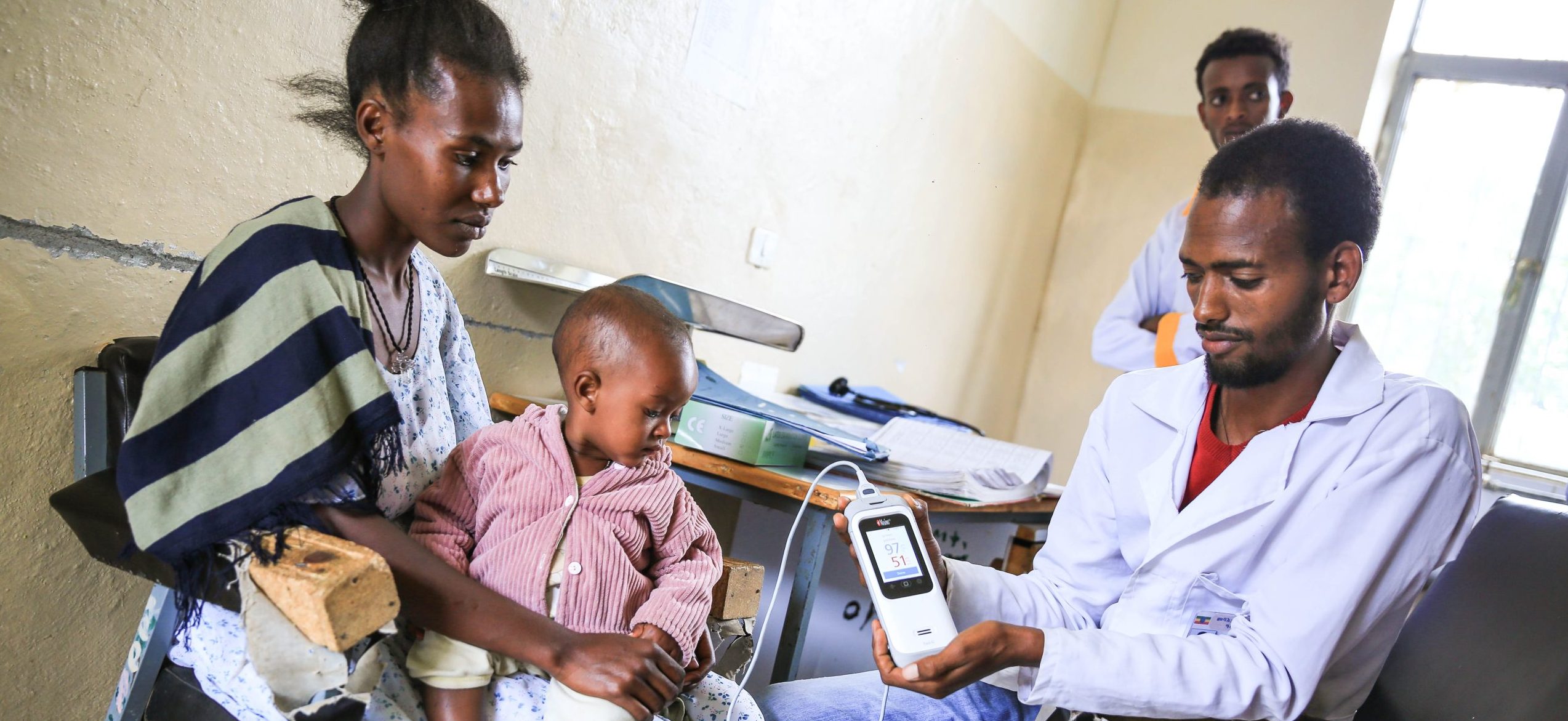
Health system resilience in Ethiopia’s Tigray region: preliminary document review findings
In August 2024, Mengistu Hagazi of Mekelle University in Ethiopia spoke to the members of the Tigray Medical Association in a presentation titled ‘Health system resilience in Ethiopia’s Tigray region: preliminary document review findings’. It was on preliminary work for a ReBUILD for Resilience study of the same name being conducted by Queen Margaret University, Mekelle University (Ethiopia) and Tigray Health Research Institute (Ethiopia) [links open new tabs]. There’s more on the research here.
Read the slides below or download the PDF here.
About the study
The study aims to explore the resilience of the health system in Tigray, using a longitudinal approach covering key phases in relation to the recent conflict, and comparing the situation of the health system (i) before the 2020 conflict, (ii) immediately after the conflict during the humanitarian phase (November 2022 to January 2024) and (iii) in the early recovery phase from January 2024 – the latter with a prospective approach. The study will look at the broad health system, including its hardware elements, but also the software (intangible) elements and how the different elements connect. This in turn will support the deployment of existing resilience structures and skills in a supportive way to ensure progress towards a responsive, effective, inclusive, gender-equitable and sustainable health system.